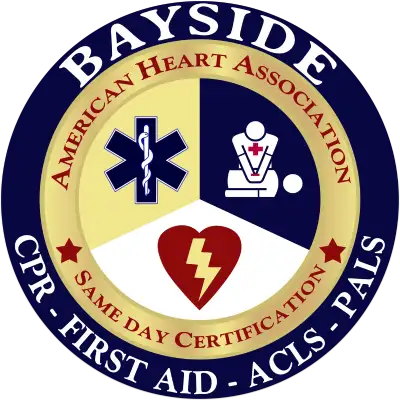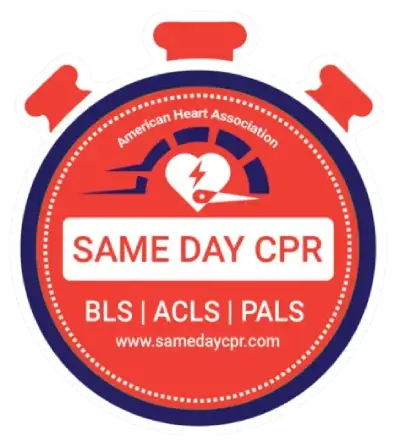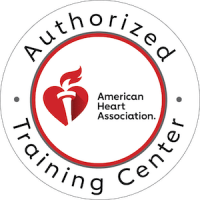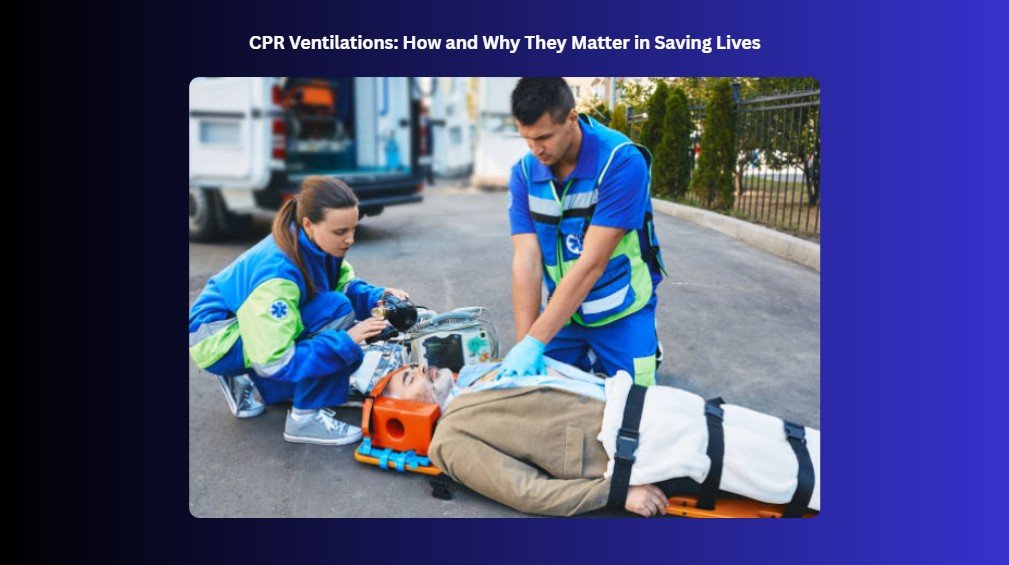
Category Archives: CPR

CPR Ventilations: How and Why They Matter in Saving Lives
When performing CPR, there are two main parts to focus on: chest compressions, which keep blood moving, and ventilations, which bring oxygen into the lungs. While some people use compression-only CPR, giving rescue breaths along with compressions can...
Read More ›
Does the Rib Cage Break During CPR?
CPR (Cardiopulmonary Resuscitation) is a life-saving technique used during emergencies when someone’s heart has stopped beating. It involves giving chest compressions and rescue breaths to keep blood and oxygen flowing to vital organs, especially t...
Read More ›
Science Behind CPR: How does it revive the heart and brain?
Understanding how CPR (cardiopulmonary resuscitation) works is important because it can make a big difference when someone’s heart stops. CPR helps circulate blood and oxygen throughout the body when the heart stops. The brain especially depends on...
Read More ›
Cardiac Arrest: Causes, Symptoms, Types & Treatment
Cardiac arrest happens when the heart suddenly stops beating effectively. This stops blood flow to the brain and other parts of the body, which can be life-threatening. It often occurs without warning. It can affect anyone at any age, and it is a ser...
Read More ›
How to Include a CPR Certification on Your Resume?
Adding a CPR certification to your resume is a smart way to show you’re prepared to handle emergencies and care about safety. It can help you stand out, especially if you’re applying for jobs in healthcare, education, childcare, fitness p...
Read More ›
What Happens If You Perform CPR Incorrectly?
It’s a scary thought, but doing CPR the wrong way can sometimes cause more harm than good. If you press too hard or in the wrong spot, you might break ribs, damage internal organs, or miss the heart completely, making your efforts ineffective. Inco...
Read More ›

